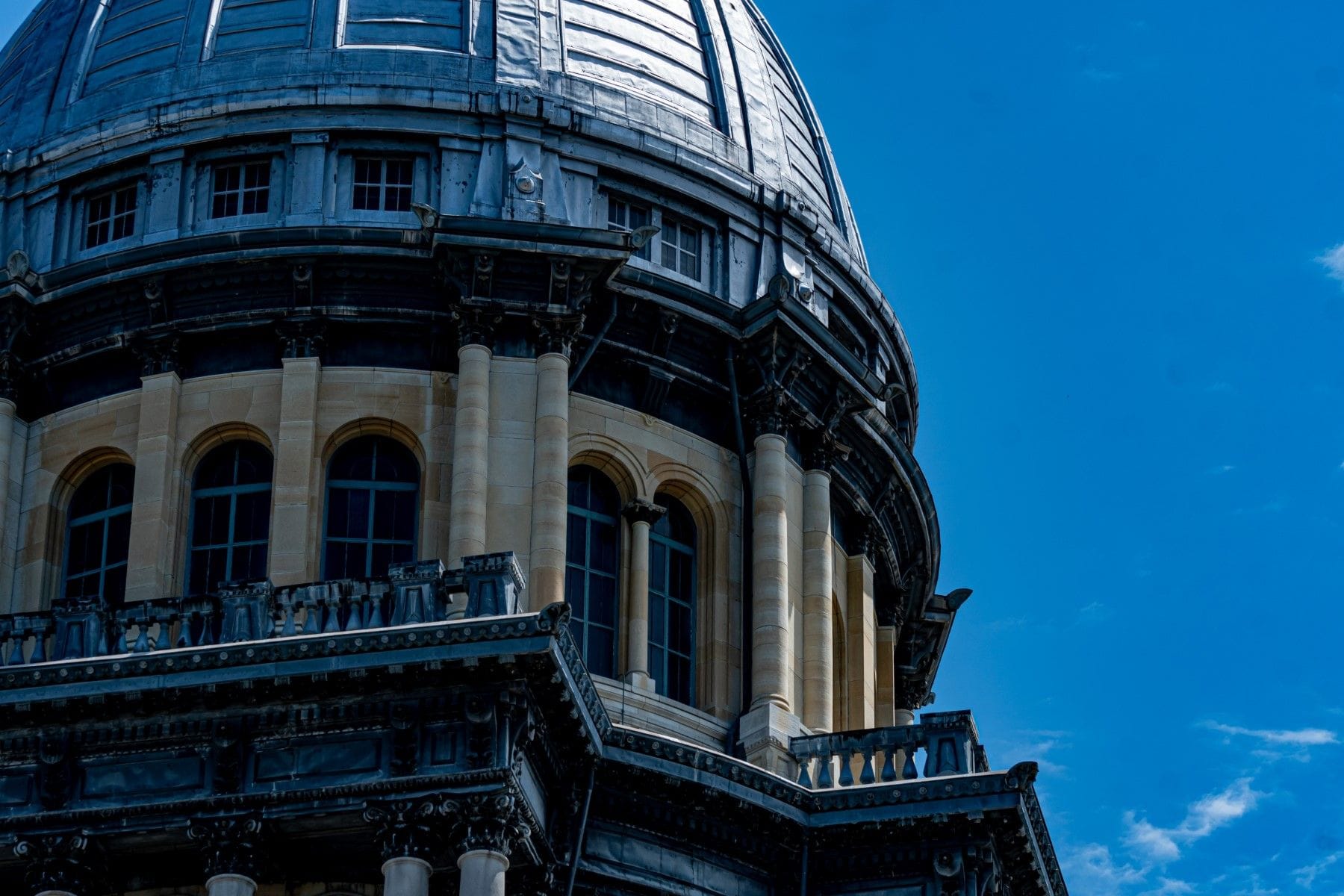Expert Witness Compensation Rules in Illinois
Expert witness compensation in Illinois is regulated by rules ensuring transparency, fairness, and ethical practices in fee arrangements and disclosures.
Updated on
In this article
What Are the Rules Governing Expert Witness Compensation in Illinois?
Expert witness compensation in Illinois is governed by a series of rules aimed at ensuring fairness and transparency in legal proceedings. These rules regulate the payment structures for expert witnesses, covering aspects such as fee arrangements and the ethical considerations involved. Understanding these rules is crucial for attorneys, legal professionals, and expert witnesses working within Illinois. Here, we delve into the intricate details of expert witness fees and compensation in the state.
Fee Provisions in Illinois Supreme Court Rules of Civil Procedure
The Illinois Supreme Court Rule 213 provides a foundational framework for expert witness fees. Rule 213, for instance, outlines the disclosure requirements for expert witnesses. These requirements include the disclosure of expert witness fees, ensuring transparency. The rule mandates that the party retaining the expert must disclose not only the identity of the expert witness but also the compensation arrangement, thereby facilitating a clearer understanding of the financial implications involved in retaining an expert.
Furthermore, Illinois does not have a specific statutory provision solely dedicated to expert witness fees, but general principles of reasonableness apply. The court often looks at factors such as the complexity of the case, the expert's qualifications, and the customary fees for such services in the locality. This ensures that the compensation is fair and reflective of the expert's contribution to the case.
Distinction Between Retained Experts and Treating Physicians in Illinois
In Illinois, there is a significant distinction between retained experts and treating physicians regarding compensation. Retained experts are specifically hired to provide testimony or analysis and are subject to the disclosure rules under Illinois Supreme Court Rule 213. Their compensation is typically negotiated in advance and is based on their expertise and the demands of the case.
Conversely, treating physicians are considered fact witnesses. They provide testimony based on their direct involvement in the patient's care rather than being hired for litigation. However, they may still be compensated for their time in preparing for and attending depositions or court appearances. The distinction lies in their primary role; treating physicians are usually not subject to the same stringent disclosure requirements as retained experts, unless they are specifically providing expert opinions beyond their treatment.
Illinois Ethics Opinions on Expert Witness Payment Arrangements
Ethical considerations surrounding the payment of expert witnesses are critical in Illinois. The Illinois State Bar Association (ISBA) has issued ethics opinions that offer guidance on acceptable payment arrangements. According to ISBA Opinion No. 96-10, attorneys must ensure that expert witness fees are reasonable and not contingent upon the outcome of the case. This principle is rooted in the need to maintain the objectivity and credibility of the expert's testimony.
Furthermore, the opinion emphasizes that payment arrangements should not compromise the expert's independence. Any form of payment that might influence the expert's testimony or create a perception of bias is deemed unethical. These ethical standards are vital in preserving the integrity of the judicial process, ensuring that expert witnesses remain impartial and their testimony remains credible.
Practical Tips for Structuring Expert Witness Fee Agreements in Illinois
When structuring expert witness fee agreements in Illinois, it is essential to adhere to the established legal and ethical frameworks while ensuring clarity and fairness in the arrangements. Here are some practical tips to consider:
- Clearly Define Scope and Expectations: Begin by explicitly outlining the scope of the expert's work, including specific tasks, deliverables, and deadlines. This clarity helps prevent misunderstandings and ensures both parties have a mutual understanding of the expectations.
- Negotiate Fair Compensation: Compensation should reflect the expert's qualifications, experience, and the time commitment required. Consider the complexity of the case and the customary fees for similar services in the locality to establish a reasonable rate.
- Include Payment Terms and Conditions: Clearly specify the payment schedule, including any retainer fees and conditions for additional compensation if the scope of work expands. This transparency aids in managing financial expectations and responsibilities.
- Ensure Compliance with Disclosure Requirements: Ensure that the fee agreement complies with Illinois Supreme Court Rule 213, which requires the disclosure of expert witness fees. This includes detailing how the compensation will be calculated and any potential changes.
- Avoid Contingency Fee Arrangements: Adhering to ethical standards, ensure that the fee arrangement is not contingent upon the outcome of the case. This helps maintain the expert's independence and objectivity, as emphasized by the Illinois State Bar Association.
- Document All Agreements in Writing: To prevent future disputes, document all aspects of the fee agreement in writing. This documentation serves as a reference and provides legal protection for both parties.
By following these practical tips, attorneys and expert witnesses can create fee agreements that are fair, transparent, and in line with Illinois's legal and ethical standards, thereby supporting the integrity of the judicial process.


